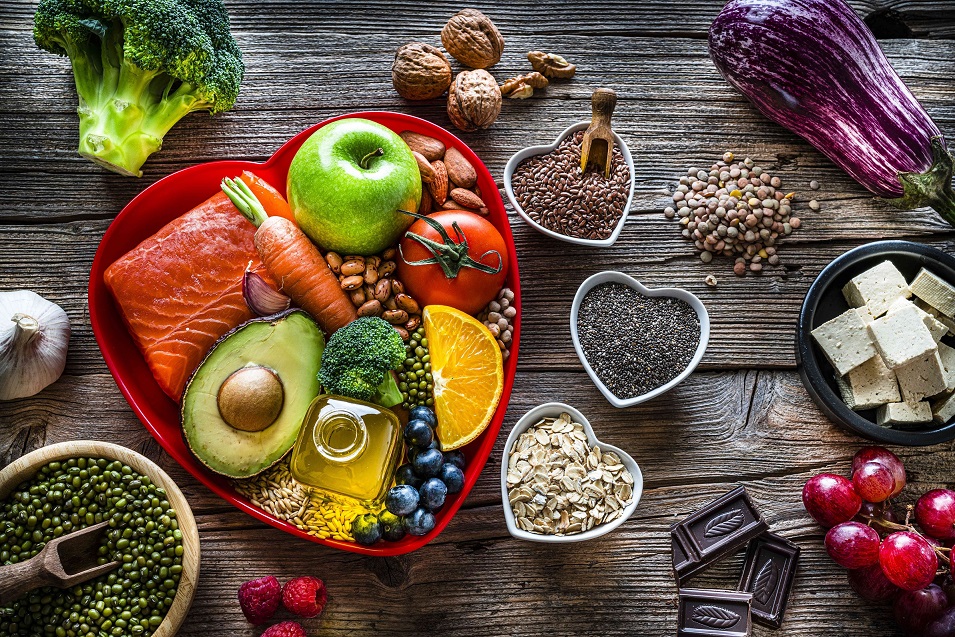
Chew Gum, Not Ice
Chewing is a favorite pastime and necessity for the proper mastication and breaking down of food. The average person is bombarded with thousands of options of things to chew on, including ice. While ice itself is comprised of cool, refreshing water, the beverage is best consumed in its liquid (not frozen) state. Crunching on ice can increase the odds of cracking or chipping teeth, making chewing gum a far better option.
Teeth are some of the strongest human body parts, but underneath the mineral laced tooth enamel is a network including dentin, cementum and pulp. When water freezes, it becomes rock hard and while teeth can deconstruct the matter, it will also increase the odds of chipping natural teeth and breaking restoration work such as fillings, crowns and bridges. Those who crave ice may want to check with a doctor to test for anemia, and others who simply like the act of chewing aimlessly should choose chewing gum as the best option.
Aside from being designed to be soft and malleable, some chewing gums have been designed to improve dental health and contain ingredients such as Xynitol (decreases odds of getting tooth decay), CaviStat (clinically proven to reduce cavities in children) or Recaldent (that claims to rebuild tooth enamel). Regardless of what additional perks are present in a gum, the American Dental Association recommends chewing a stick of sugar-free gum 20 minutes after eating to increase saliva (the body’s natural defense for washing away sugars deposited on teeth) production.
Chew Fresh Fruit and Vegetables, Not Canned Foods
Canning was an amazing advancement in the food industry as the process allowed for the preservation of large quantities of food. Since canning first started in the 1800s, nearly everything has been canned including pearl necklaces, whole chickens and pork brains. In addition those oddities, vegetables and fruits also fill the shelves of the canned good aisles and while those items definitely serve a purpose, whenever possible fresh (or frozen) fruits and vegetables are a wise choice for those looking to minimize dental problems.
While fruits packed in their natural juices are relatively harmless the options packaged in heavy syrups are far from healthy. Fresh fruit is washed, cut and mixed with heavy syrup (comprised of water, corn syrup and sugar). Since fruit is naturally sweet, heavy syrup ruins any nutritional punch of the canned fruit as once canning has occurred, the innocent fruit will soak in the extra ingredients like a sponge. That not only adds unnecessary calories, but will deposit excess sugars on teeth that can up the odds of tooth decay.
Most canned foods can also expose individuals to what the federal government decrees are safe levels of Bisphenol A (BPA). BPA is an organic compound utilized in the manufacturing of certain plastics, is used to line cans and is also considered to mimic estrogen when ingested. The material has been proven to cause a myriad of health problems including childhood asthma, early puberty, sexual dysfunction, obesity, heart disease, cancer and threats to major organs. Since the mouth and body are forever intertwined, avoiding canned foods can help minimize the risk of any potential dental problems linked with BPA consumption.
Chew Oatmeal, Not Processed Granola
For years, granola was a food stable for hippies and hikers and slowly the food started to appear on breakfast tables across the country. Unfortunately, most of the granola cereals sold in supermarkets are comprised of nearly one third sugar, that will pack on the pounds and increase the odds of developing dental problems.
Instead, individuals are encouraged to eat a breakfast with the whole grain goodness of options such as steel cut oatmeal. Once study about the whole grains/dental health connection out of McMaster University in Canada, indicated that individuals who ate at least three servings of whole grains a day keep their teeth longer than their processed foods loving counterparts as whole grains help prevent dental issues including gum disease.
In addition to chewing wise food choices, individuals need to brush twice a day and floss daily to remove excess dental plaque. Plus, regular dental exams and checkups from a dentist are a necessity for preventative dental care. Anyone struggling to find a dentist to assist with the latter can find a great dental care provider 24/7 simply by calling WH Family Dental.




